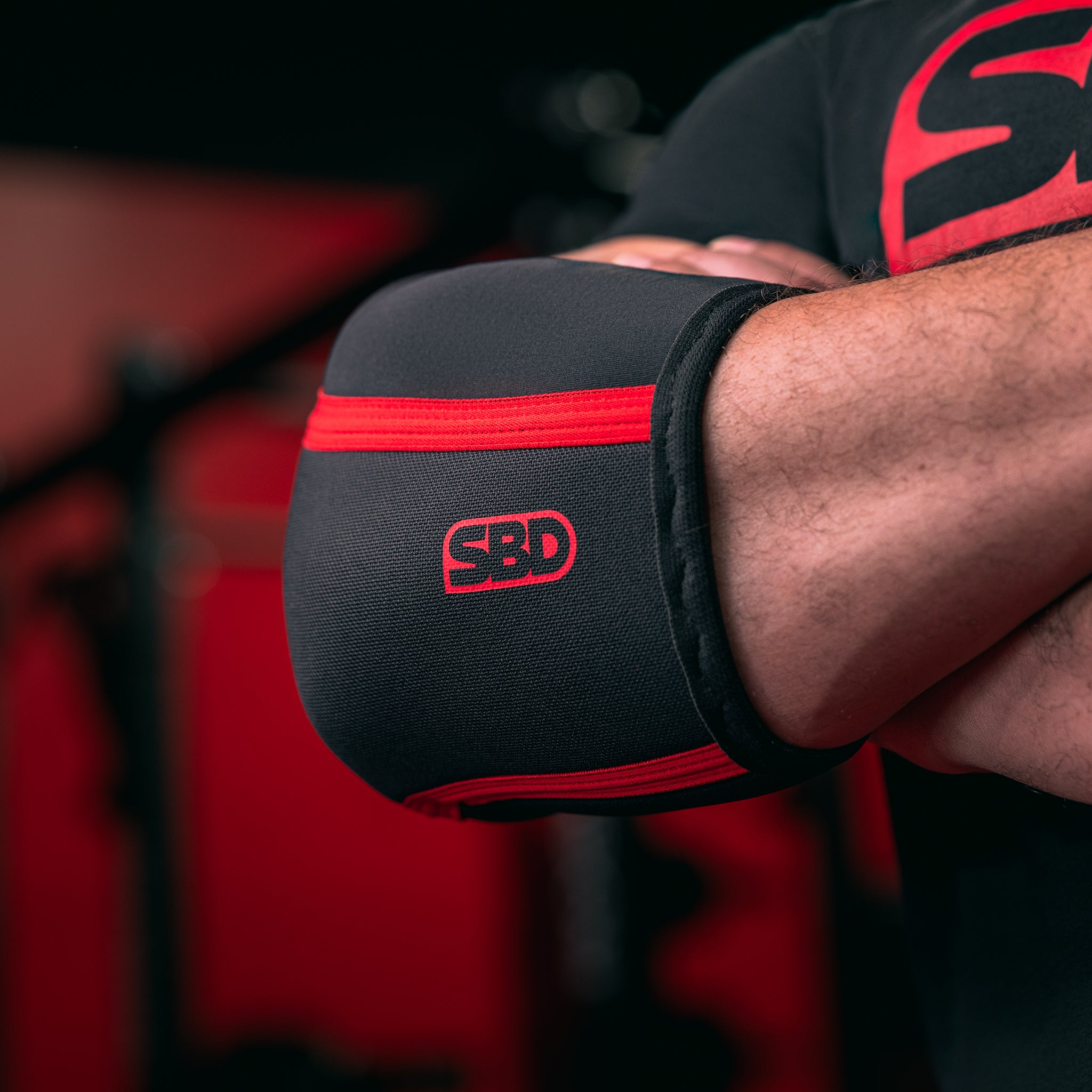When it comes to bench pressing for strength, many lifters obsess over volume, load, and technique. But rest and recovery—often treated as afterthoughts—are just as critical. Without adequate rest, the body can’t adapt or grow stronger. Whether you’re pushing through plateaus or starting your strength journey, understanding how recovery affects your bench press is essential for long-term gains.
Understanding Muscle Recovery in Resistance Training
The Science Behind Muscle Microtrauma
Each bench press rep creates tiny tears in your muscle fibres—this is microtrauma. While it might sound harmful, it’s a good thing. These micro-injuries signal your body to rebuild stronger tissue. However, this rebuilding process demands time and resources, both of which come from rest.
The Role of Central Nervous System (CNS) Fatigue
Heavy benching doesn’t just exhaust your muscles—it also taxes your central nervous system (CNS). CNS fatigue manifests as sluggishness, poor motor control, or diminished power output. Recovery isn’t merely muscular; it’s neurological. Skipping rest can blunt your CNS responsiveness, slowing progress.
Why the Bench Press Demands Focused Recovery
Compound Movements and Systemic Load
The bench press is a compound exercise, activating chest, shoulders, triceps, and stabilisers like the core. It places a systemic load on your body, requiring more recovery than isolation movements. The broader the muscle recruitment, the greater the recovery demand.
Recovery Time and Performance Correlation
Studies show that insufficient recovery decreases subsequent performance. A fatigued bench session leads to poorer reps, compromised form, and increased injury risk. Performance hinges on how well you bounce back between sessions—not just how hard you train.
Types of Rest: Passive vs Active Recovery
Passive Rest: When to Do Absolutely Nothing
Sometimes, the best way to recover is to do nothing at all. Passive rest involves complete inactivity—giving your body the full bandwidth to heal. This type is especially important after heavy sessions or when signs of overtraining appear.
Active Recovery: Staying in Motion Wisely
Low-intensity movement—like light cardio or stretching—can promote blood flow and speed up recovery. Active recovery is great between sets, on off days, or when tapering. The goal? Stay mobile without stressing your bench-pressing muscles.
How Long Should You Rest Between Bench Press Sets?
Rest Periods Based on Training Goals
| Goal | Recommended Rest |
|---|---|
| Strength (1–5 reps) | 2–5 minutes |
| Hypertrophy (6–12 reps) | 30–90 seconds |
| Endurance (12+ reps) | 30 seconds or less |
The heavier the lift, the more rest you need. For maximum strength, longer rests allow for complete ATP regeneration, ensuring you lift heavy consistently.
Weekly Programming: Structuring Bench Days
Frequency vs Intensity: Striking a Balance
Should you bench three times a week? Maybe. But intensity and volume need to balance out. A well-designed weekly routine might look like this:
-
Day 1: Heavy bench (3–5 reps, long rest)
-
Day 3: Volume bench (8–12 reps, short rest)
-
Day 5: Speed bench or technique work
Deload Weeks and Periodisation
Every 4–6 weeks, reduce load by 40–60% during a deload week. It might feel like slacking, but it primes your body for future progress. Structured periodisation is essential for long-term growth.
The Role of Nutrition and Sleep in Recovery
Macronutrients for Muscle Repair
You can’t recover well without fuel. Prioritise:
-
Protein (1.6–2.2g/kg bodyweight) – for muscle repair
-
Carbohydrates – to replenish glycogen
-
Fats – to support hormonal health
Meal timing matters too. A post-workout meal within 60 minutes enhances recovery.
Sleep: The Ultimate Recovery Tool
Muscle repair peaks during deep sleep. Aim for 7–9 hours per night. Growth hormone surges during this period, making sleep a non-negotiable recovery weapon.
Signs You’re Not Recovering Enough from Bench Press
Overtraining Symptoms to Watch
-
Soreness lasting >72 hours
-
Decreased performance
-
Irritability or poor sleep
-
Lack of motivation to train
Monitoring Progress: Strength Plateaus and Fatigue
Track your lifts. If bench numbers stall or regress, consider scaling back and increasing rest days. Fatigue isn’t a badge of honour—it’s a red flag.
Tools and Techniques to Improve Recovery
Foam Rolling and Mobility Work
Self-myofascial release can relieve tightness and enhance circulation. A few minutes of foam rolling before and after training can speed up the recovery process.
Supplements That Support Recovery
Some effective options include:
-
Creatine monohydrate – boosts performance and recovery
-
Omega-3s – reduce inflammation
-
Magnesium – supports sleep and muscle function
Always consult a professional before adding new supplements.
Common Myths About Rest and Recovery
“No Pain, No Gain” Mentality
Pain isn’t always a sign of progress. Delayed onset muscle soreness (DOMS) isn’t required for growth, and pushing through pain can lead to injury.
“More Is Always Better” Fallacy
Overtraining doesn’t equal overachievement. In fact, excessive work without rest can lead to regression. Smart training includes smart resting.
FAQs
1. How many days should I rest between heavy bench sessions?
Ideally, 48–72 hours between intense sessions allows for full muscle recovery and CNS reset.
2. Is it okay to bench press on consecutive days?
Only if alternating intensity or volume. Otherwise, risk of overtraining rises.
3. Can stretching help with recovery?
Yes, dynamic stretching pre-workout and static stretching post-workout can improve mobility and reduce soreness.
4. What foods should I eat post-bench press?
A combination of protein and carbs—such as chicken and rice or a protein shake with a banana—enhances recovery.
5. Do I need supplements to recover properly?
Not necessarily. Whole foods and good sleep are more important. Supplements can enhance but not replace foundational habits.
6. What’s the best rest duration between bench sets for hypertrophy?
60–90 seconds optimally balances fatigue and volume for muscle growth.
Conclusion: Rest Smarter, Bench Stronger
Gains don’t happen during your lifts—they happen between them. Structured, intentional rest fuels strength, power, and longevity in your bench press journey. Don’t overlook recovery. Respect it, prioritise it, and watch your numbers soar.


































